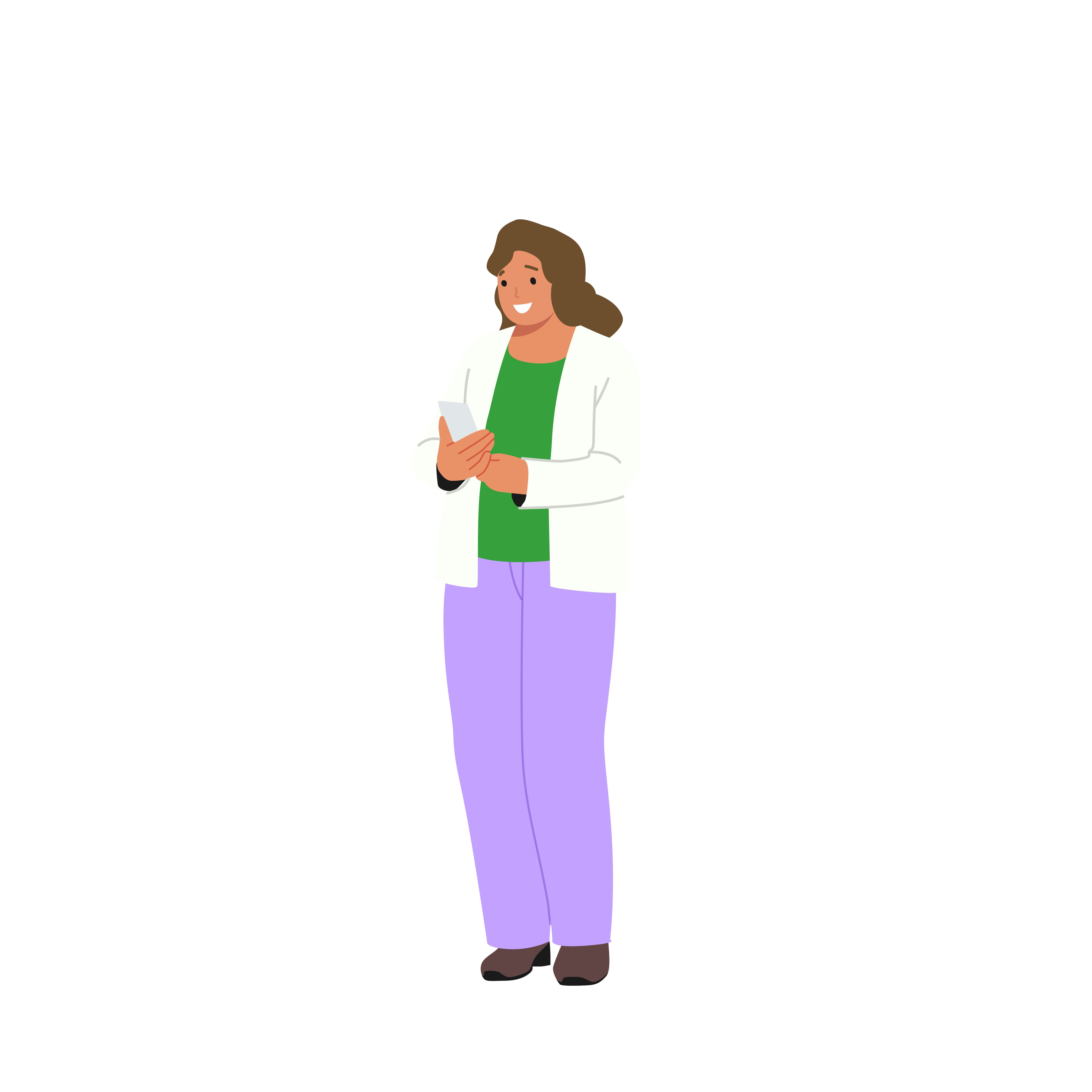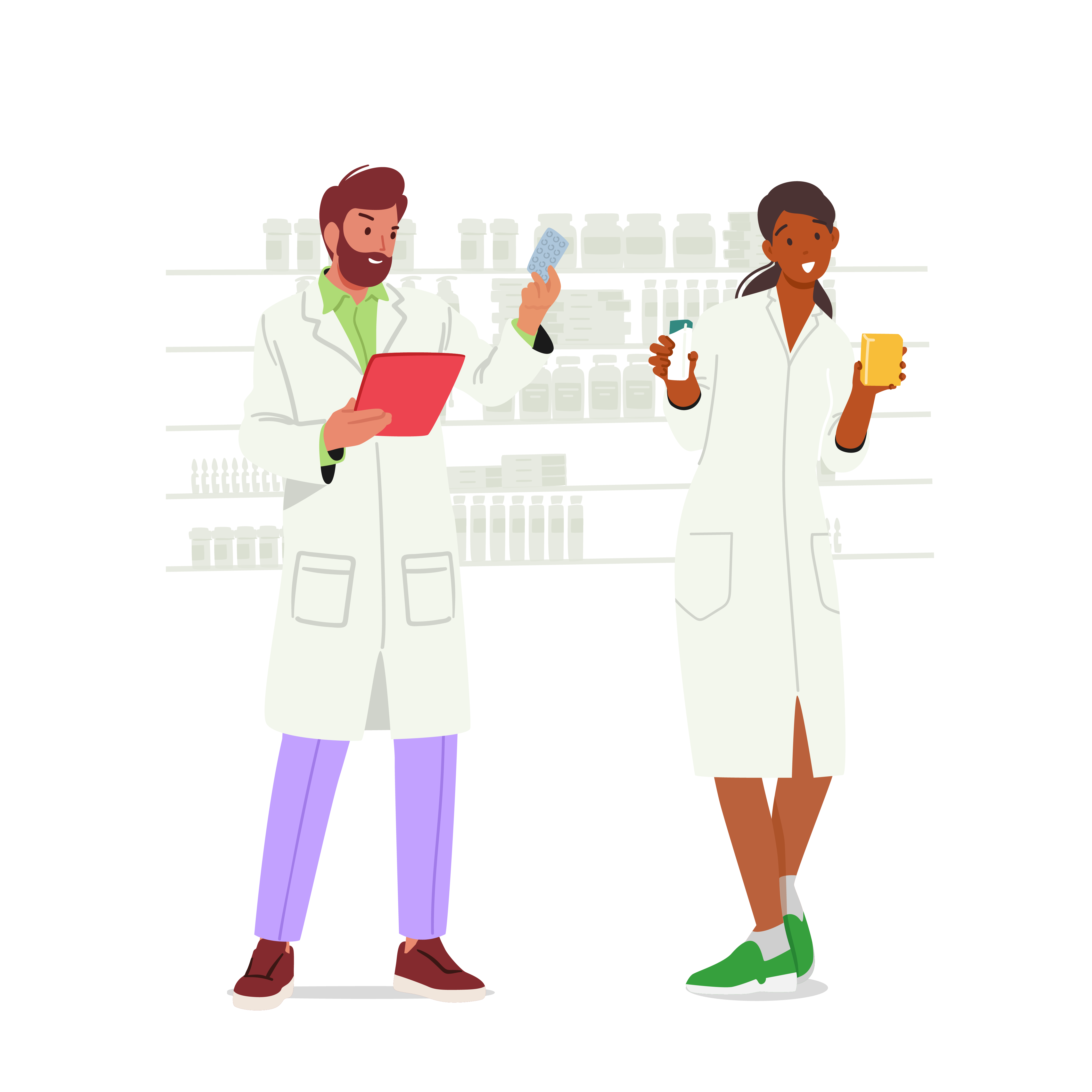- Home
- Chronic Conditions
- Acne Treatment
Acne Treatment
Acne is a common skin condition that happens when tiny holes in your skin, called hair follicles, get clogged with oil and dead skin cells. This can cause spots like blackheads, whiteheads, or pimples to appear, and in some cases, it may lead to scarring if not treated properly. While acne is often linked to teenagers, it can affect people of all ages. The good news is that there are a variety of effective treatments available to help manage different types of acne. At PharmXtra, we offer trusted acne treatments to support clearer, healthier skin.
More Information
What is acne?
Acne is a common skin condition that occurs when tiny holes in the skin, called hair follicles, become blocked with oil and dead skin cells. This can lead to different types of spots, including blackheads, whiteheads, and pimples. Acne can range from mild to severe. Some people may only get the occasional spot, while others may experience more widespread and painful breakouts that affect larger areas of the body. Although acne is often linked with teenagers going through puberty, it can affect people of all ages.
There are different types of acne, including whiteheads and blackheads (non-inflammatory), and papules, pustules, nodules, and cysts (inflammatory types). These spots can sometimes be painful and may cause scarring. Beyond the physical symptoms, acne can also impact mental wellbeing, leading to issues such as low self-esteem, anxiety, or depression.
What causes acne?
Acne has several causes, and what triggers it can vary from person to person. The most common cause is hormonal changes, particularly an increase in androgens (a type of hormone), which can lead to the overproduction of oil (sebum). Too much oil can clog pores, allowing bacteria to grow and cause inflammation. Hormonal fluctuations often occur during puberty, but they can also happen during pregnancy, menstrual cycles, or when starting or stopping certain medications.
Other contributing factors include genetics, stress, certain medications (such as corticosteroids or lithium), and lifestyle habits. Even some skincare products and make-up can worsen acne if they clog the pores. Understanding your triggers can help with prevention and treatment.
Who is most at risk of acne?
Anyone can develop acne, but some people are more likely to experience it than others. You may be more at risk if you:
- Are a teenager or young adult going through hormonal changes
- Have a family history of acne
- Take medications that affect hormone levels or contain steroids
- Are under a lot of stress
- Wear tight clothing or equipment that rubs against your skin
- Live or work in hot and humid environments
- Use thick or oily skincare products that clog pores
- Eat a diet high in sugar or refined carbohydrates
How can I treat acne?
Treating acne can be challenging because it’s often driven by hormones, which means there's no one-size-fits-all cure. However, there are many treatments that can help manage the symptoms and reduce breakouts.
At PharmXtra, we offer a range of proven acne treatments, including topical creams, gels, and tablets. One popular and effective treatment is Tretinoin, which helps to clear up spots, improve skin texture, and reduce the appearance of fine lines. It works by encouraging skin cell turnover and preventing pores from becoming clogged.
To get the best results, it’s important to follow a regular skincare routine and speak with a healthcare professional about the most suitable treatment for your skin type and the severity of your acne.
Medication delivered discreetly from EU pharmacies



Choose the right treatment
From the comfort of your own home or out on the go, choose the treatment you require from our extensive range.
Complete an online consultation
A vital part of our process, your online consultation will be similar questions to that of a GP. Quick and easy, we guarantee privacy and confidentiality.
Delivered discreetly
One of over 100 of our partner regulated EU pharmacies will dispense and ship the treatment to you.
Rated out of 5 on 
Been using them for over a year and can't fault them.
Brilliant and helpful service as always Quick delivery and helpful tracking
Flawless service. Sent me the medication I ordered, at the price advertised, delivered at a speed which exceeded my expectations.
Easy ordering, fast delivery
Rated 4.6 out of 5 based on 5111 reviews

Here to help you
Our Customer Service is available Monday to Friday 9am - 4pm. If you need urgent assistance, do not use this service. Call 111, or in an emergency call 999. Visit our help section



